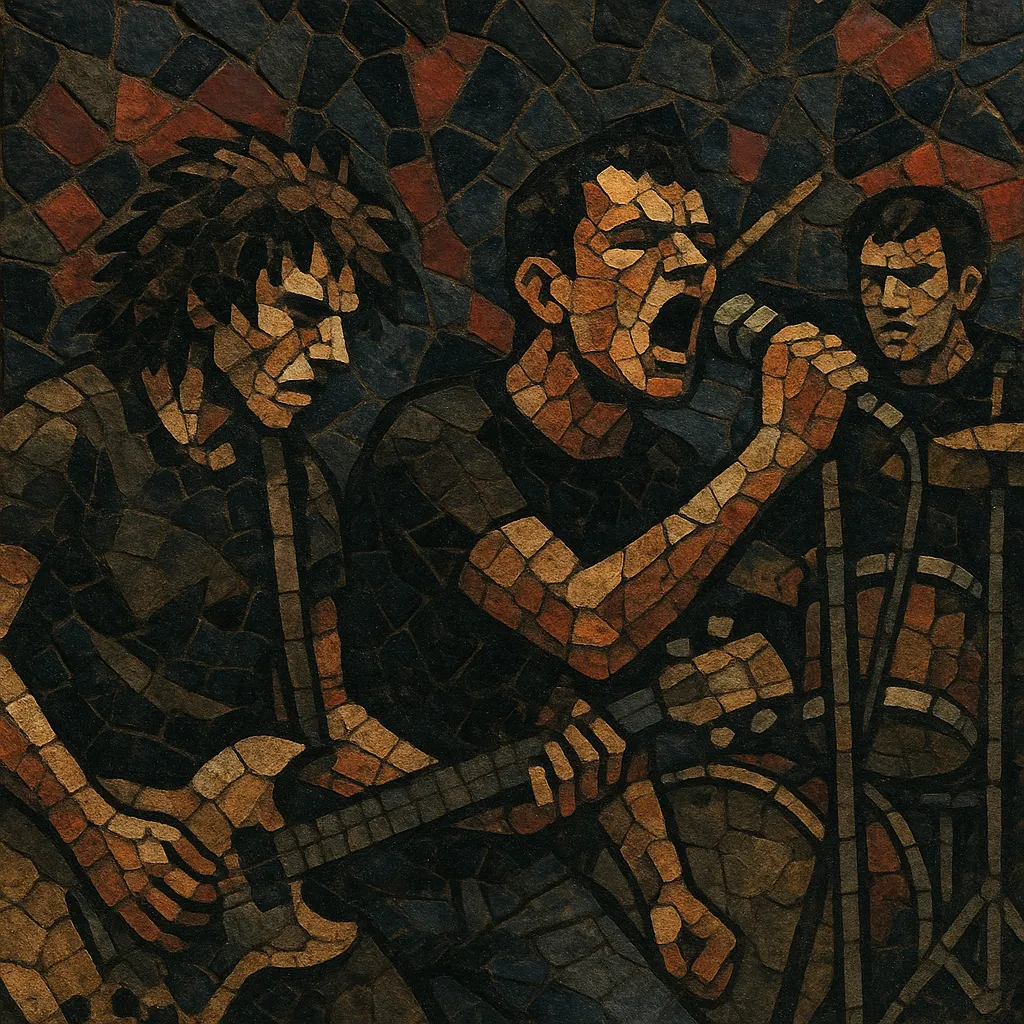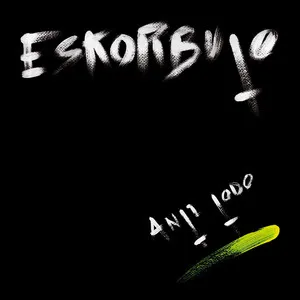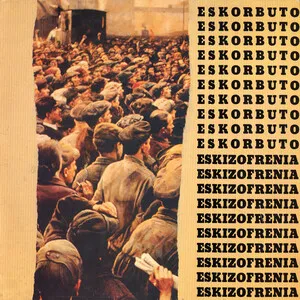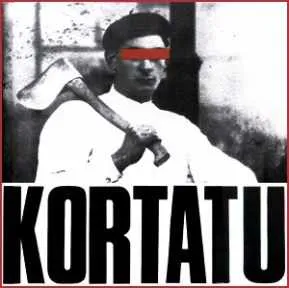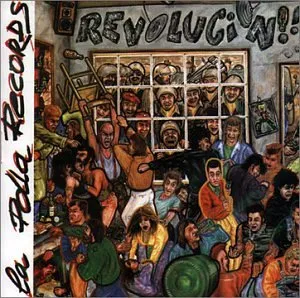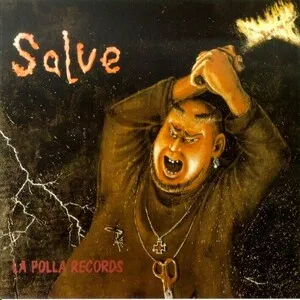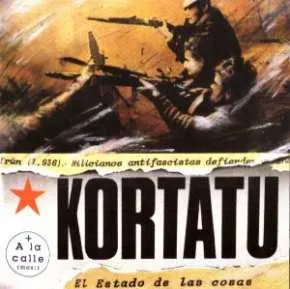Rock Radical Vasco (Basque Radical Rock) is a politically charged punk/rock movement that emerged in Spain’s Basque Country during the early-to-mid 1980s. It combined the speed and abrasion of punk and hardcore with Oi!’s street-level directness, and often folded in ska and reggae rhythms.
Lyrically, it focused on anti-authoritarian critique, working‑class realities, youth alienation, and Basque identity, with songs delivered in both Basque (Euskara) and Spanish. The sound is raw, fast, and minimalist—power‑chord riffs, driving bass, hard‑hitting drums, and shouted choruses—yet some bands introduced off‑beat skanking, horn lines, or dub‑style grooves.
More than a style, it functioned as a self‑sustaining scene anchored by squats (gaztetxes), fanzines, independent labels, and DIY touring, leaving a deep cultural imprint on Spanish rock and the wider Spanish‑language punk/ska landscape.
Spain’s democratic transition, industrial decline, and social unrest formed the backdrop for Rock Radical Vasco. In the Basque Country, a dense network of gaztetxes (self‑managed youth and cultural centers), fanzines, and pirate radio supported a new generation of bands who adopted punk’s speed and DIY ethos while articulating local realities and Basque identity. Early groups like La Polla Records, Eskorbuto, RIP, and Zarama set the tone with raw production, confrontational lyrics, and relentless gigging.
Independent labels and promoters clustered the movement, amplifying its visibility across Spain. The term “Rock Radical Vasco” became a banner under which diverse approaches—hardcore velocity, Oi! sing‑alongs, and ska/reggae hybrids—could coexist. Bands like Kortatu and Hertzainak pushed beyond straight punk by infusing off‑beat rhythms, while Cicatriz and Barricada embodied the scene’s harder rock edge.
The scene diversified as its profile grew nationally. Kortatu’s members went on to form Negu Gorriak, melding rock and rap with a militant stance, while other groups leaned further into ska/reggae or street‑level punk. DIY infrastructure (collectives, local venues, self‑released tapes and LPs) proved crucial for distribution and touring, cementing RRV’s reputation as both a sound and a social movement.
Rock Radical Vasco reshaped Spanish punk and rock, energizing politically engaged lyrics, DIY production, and the fusion of punk with ska/reggae and later rap. Its bands and practices influenced Spanish‑language ska‑punk, the country’s rap‑rock/rap‑metal crossovers, and the broader “rock urbano” current, while its community ethos remains a reference for independent scenes.

